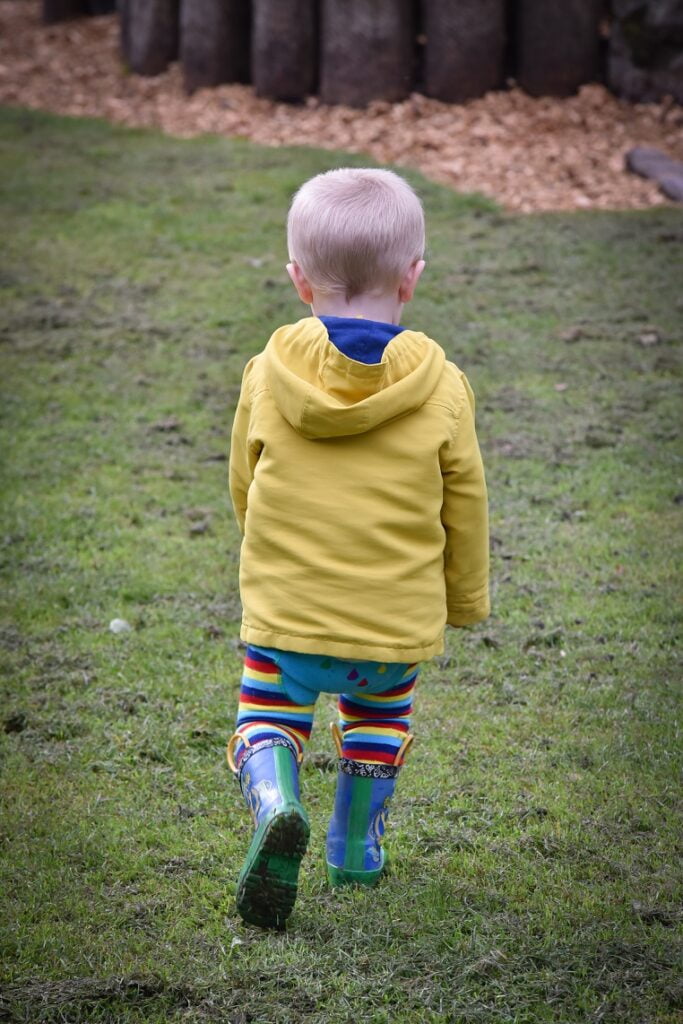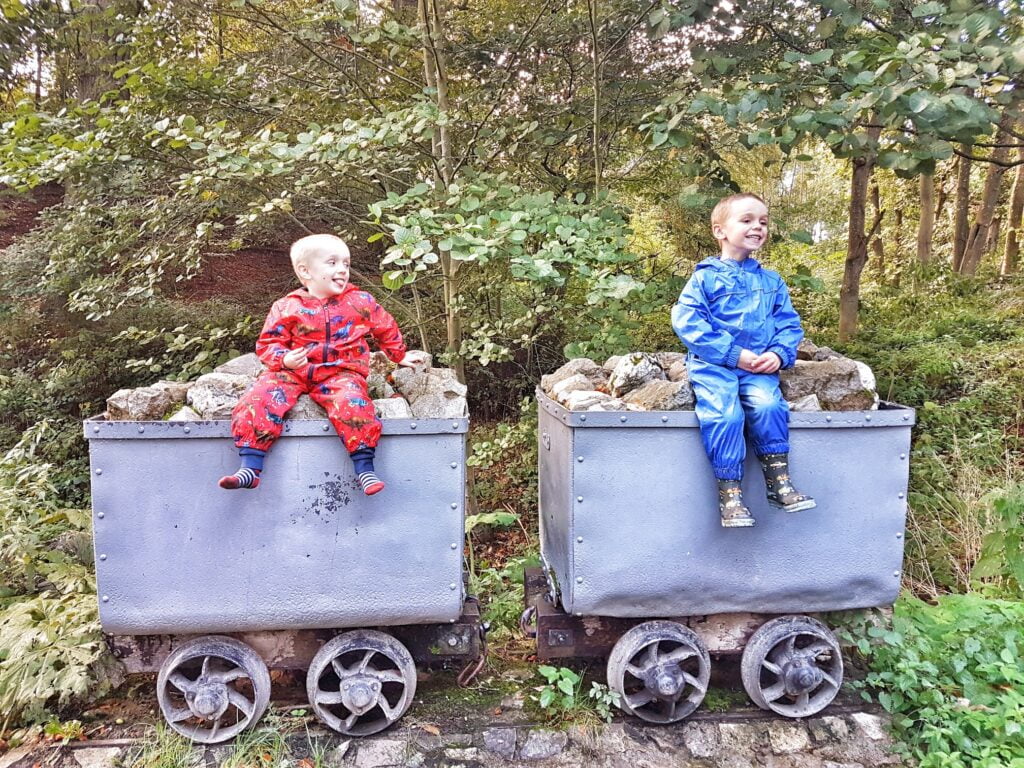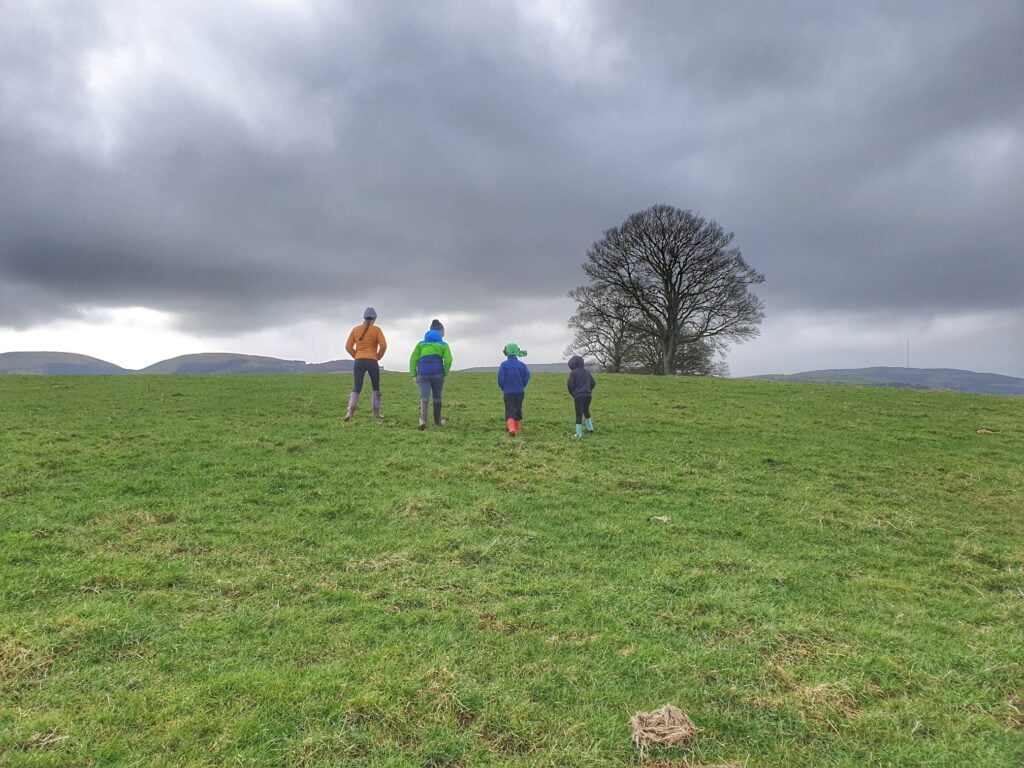As a mum of four I am totally fascinated by the different ways my children learn and interpret the world around them. Over the years I have seen how differently they approach tasks, games and more recently, home-school. I love how varied their approaches are to all sorts of things.

Researchers at the University of St Andrews’ School of Psychology, Baby and Child Lab study exactly this, looking at how young children learn, think and solve problems.
They usually conduct their studies by visiting schools and nurseries or recruiting participants at Science Fairs, at the Science Museum or even the zoo. Since COVID-19 entered our lives, this of course, has not been possible.

Instead, they have have created some online studies for children aged 3-9 which can be found here. If you are interested in taking part, simply click on the relevant age group for your child, then the task you wish to take part in with your child. You then need to email the researcher (email address on page) or sign up and they will send you the link.

For each study you and your children take part in, you will get reimbursed with a £5 Amazon voucher, within approximately 10 days on completing the study.
Have a look through the age categories and if there is anything suitable for your child, do consider taking part. None of them take very long and your children might enjoy ‘playing’ the little tasks and games.
I’ve completed some of the studies myself with both my 6 and 8 year old and they were not dissimilar to some of the educational games they played online during our months of home-school.

How will the findings be used?
There are two main goals of this study. To develop Executive Function tasks for 3- to 5-year-olds that show individual variation in performance – this kind of tool kit will be very valuable in making accurate tests of children’s abilities in the future. Secondly, researchers want to find out how children’s performance in these tests can predict their performance in other, real-world tasks such as problem-solving, tool-use, social understanding and causal reasoning.
In other words, researchers want to find out what it is that makes some children better problem-solvers, planners or perspective takers than others – can differences in core abilities such as inhibitory control and attention shifting explain these differences?
If you think you can help and would like to take part you can get more information by emailing babyandchildlab@st-andrews.ac.uk.
This is a collaborative article.


7 comments
I’d be interested
I think it’s pretty good
I’m very interested in this research
I love this article and I love how diverse they are in their approach to all kinds of things.
I like how diverse their approach to things is.
I love how varied their approaches are to all sorts of things.
It’s infectious and persuasive